People are talking about using LSD to treat mental illness again. Evidence is thin, and the plural of anecdote is not data, but my own experience was educational . . .
I learned more about music and drugs than my studies as an undergraduate. My university was ancient and deep in the countryside, comfortably nestled among the buxom green hills of Wales. While other students were innocently dancing to Abba at a campus disco, an exclusive, long-haired coterie (so we imagined) sat around a log fire in our sprawling farmhouse retreat, listening to the Velvet Underground, Spirit, or the Quicksilver Messenger Service. We took our music seriously, preferably on LPs imported from the States (which had extra-stiff covers, ideal for rolling joints). Our musical mentor was a gentlemanly dealer of the old school, more interested in expanding minds than his wallet. Drugs were not simply for recreation, he taught us, but a way to explore altered states. They were surprisingly plentiful and LSD was our substance of choice. Pure and strong, it was the Dom Perignon of drugs.
Lysergic acid diethylamide (acid) is a hallucinogenic drug which binds to serotonin and dopamine receptors in the brain. A dose of just 500 micrograms (imagine 1/10th of a grain of sand) is enough to affect someone for up to 12 hours, causing major disruption to how the brain interprets information from the senses, to the perception of time, and even to the sense of self.
A group of us took an acid trip once every week or so. Those nights lasted for days, it seemed. Time became elastic. I recall walking through the college gatehouse and making no progress despite putting one foot in front of the other. However long I walked, I remained on the same spot. Only by gripping the wall and forcing myself forward did I begin to move at last. Space and time synchronised once again, I joined my friends. Somehow they knew what had happened without a word. We took telepathy for granted. By raising my hand, I could stop time or make it run fast or slow. As I walked, I felt the air caress my skin like a cashmere scarf. All my senses were intensified and spilled over into each other. Everything was more so.
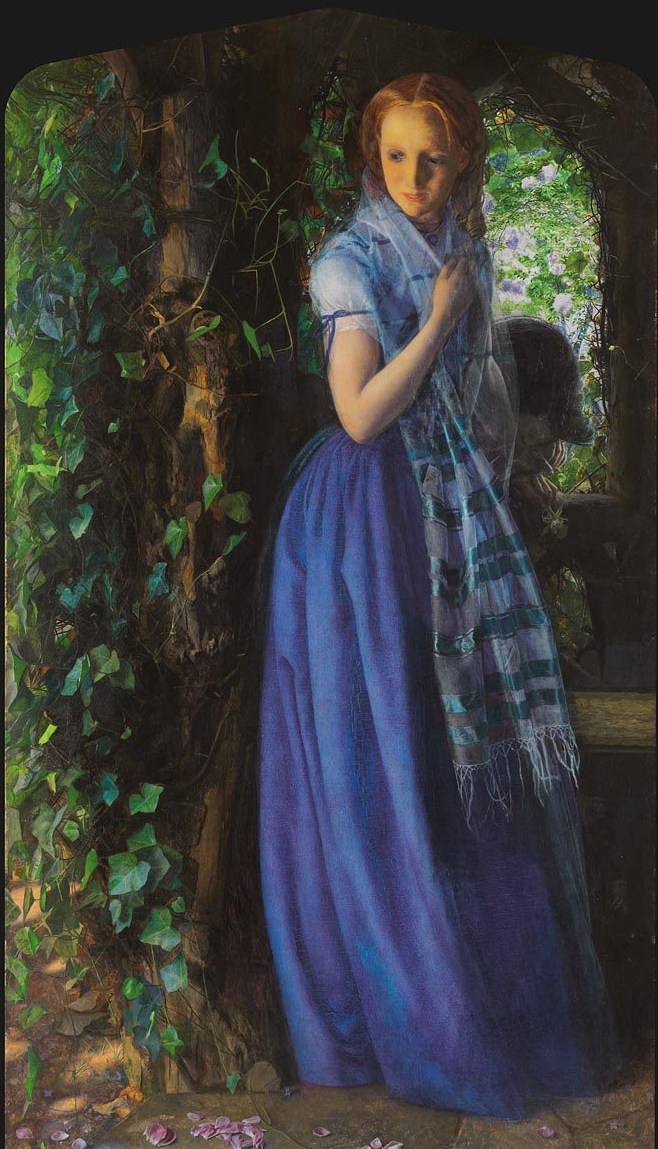
A bad trip was something we all expected eventually. We were professional trippers, we told ourselves. The standard operating procedure was to get home and feel safe, minimise stimulus, and hopefully get to sleep early. When it happened to me, this advice was no help against the conviction that devils were swooping above the house on black leathery wings, impatient to destroy and devour me. They were like Doré drawings of Satan brought to life. No sooner did I imagine something, than it appeared before me in terrifying detail. I tried hard to remain calm. Surely I would fall asleep soon. Dawn came and went. My fellow-travellers retired to bed and I was left alone with my waking nightmare. When I tried to think, a second voice rose in my mind, insisting it was me. I have never been more terrified in my life. Closing my eyes transported me to another world where demons slashed at my sides with razor-sharp scimitars. I gasped in pain. The idea of cutting my skin to part the flesh went around and around in my mind. It was an almost philosophical obsession: that I could cut one surface into two, and then slash again into smaller and smaller pieces to infinity. The dark world of the cloaked, devilish figures had always existed alongside ours, I realised. Mirrors were the doorway. I jumped from the bed and hung a blanket over the bathroom mirror. Was I safe for now? What else could I do? There were still a half-a-dozen tablets of LSD in my desk drawer – the tiny eggs from which these devils had hatched! As quickly as I could, I cut up the tabs and flushed them down the sink, remembering to put the plug in afterwards as an extra precaution. At last I fell asleep from sheer exhaustion.
When I finally woke after nearly 24 hours of unconsciousness, I thought it was all over. But it was not over. Mirrors still worried me. I remembered that Vonnegut had called mirrors ‘leaks’ into another universe in Breakfast of Champions, but that provenance did not help; alone in the house, I would still turn them to the wall. I discovered it was possible to believe something and not believe it at the same time. And then I found myself incapable of telling a barman what I wanted to drink. Standing wordless and feeling like an idiot, I couldn’t make that simple decision. The problem, in fact, preceded decision-making: I had lost the capacity to discriminate and form any preference. It extended beyond that embarrassing moment in the pub. There were trivial decisions like which shirt to wear in the morning. There were more serious matters, about which course electives to take, for example. I found it easiest to let matters flow, doing things at random without thinking about why or about the consequences. As the months went by, my friends began to notice the difference. I was careless in various ways, with things and with people. In the middle of Lent Term, I took off on a trip overseas just because I felt like it. I avoided hallucinogenics, but there were other vices to indulge. If I wanted to do something, then others would just have to accept the fact. This included my relations with an increasing number of females, both in college and in the town. Life was getting complicated. It was my year of living dangerously.
Only slowly did I recover a more robust sense of identity – of who I was and how I behaved. The madness drained away. After a year I could look in a mirror again and wonder what on earth I had been worried about. I could look my friends in the face. I could order a Pils beer with confidence. By then, we had all become more cautious after someone we knew embarked on a never-ending trip . . . the LSD brought on a first episode of schizophrenia. This is uncommon but happens if you are genetically vulnerable, and who knows what lies in your genes? Only much later did I learn to call my experience a drug-induced psychosis, with effects that were temporary. I was luckier than I knew.
Was there anything positive about that sunny summer of acid? It was a vivid lesson that subjective reality is only a construct of our senses – and yet an exquisitely sophisticated one, evolved to optimise survival. It was a reminder that normality is precious and not to be taken for granted. I’ve been left with a faint but perceptible sense of distance from everyday life, like a scientist observing an experiment. It was also an uncomfortable discovery to know how it felt to be brutally selfish in my dealings with other people: a temporary psychopath. The most important, unforeseen consequence, though, was that when I later worked in mental health, I could better understand and empathise with people affected by psychosis, due to my own first-hand experience. In the end, I am aghast now at the risk we took so casually in those days with the most complex and extraordinary thing to ever exist: the human brain.
Images
Arthur Hughes. April Love (1856)
Gustav Doré. Illustration for John Milton, Paradise Lost: Satan (1866).

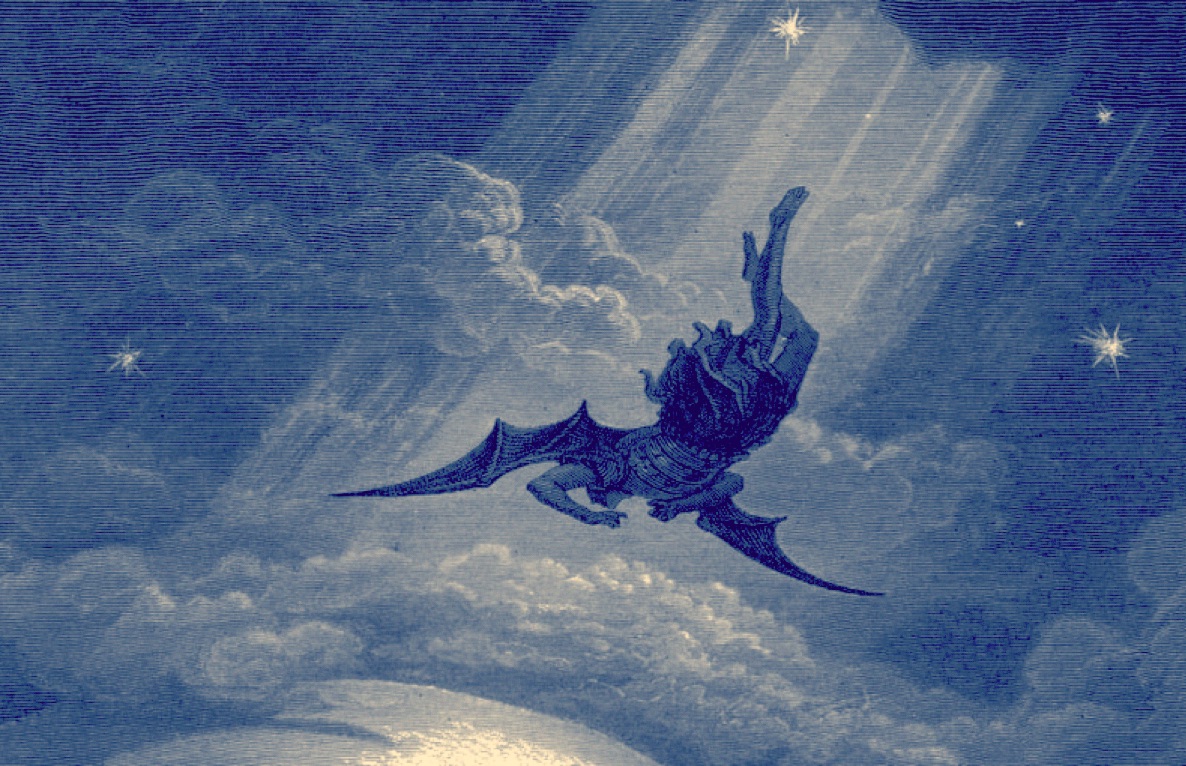
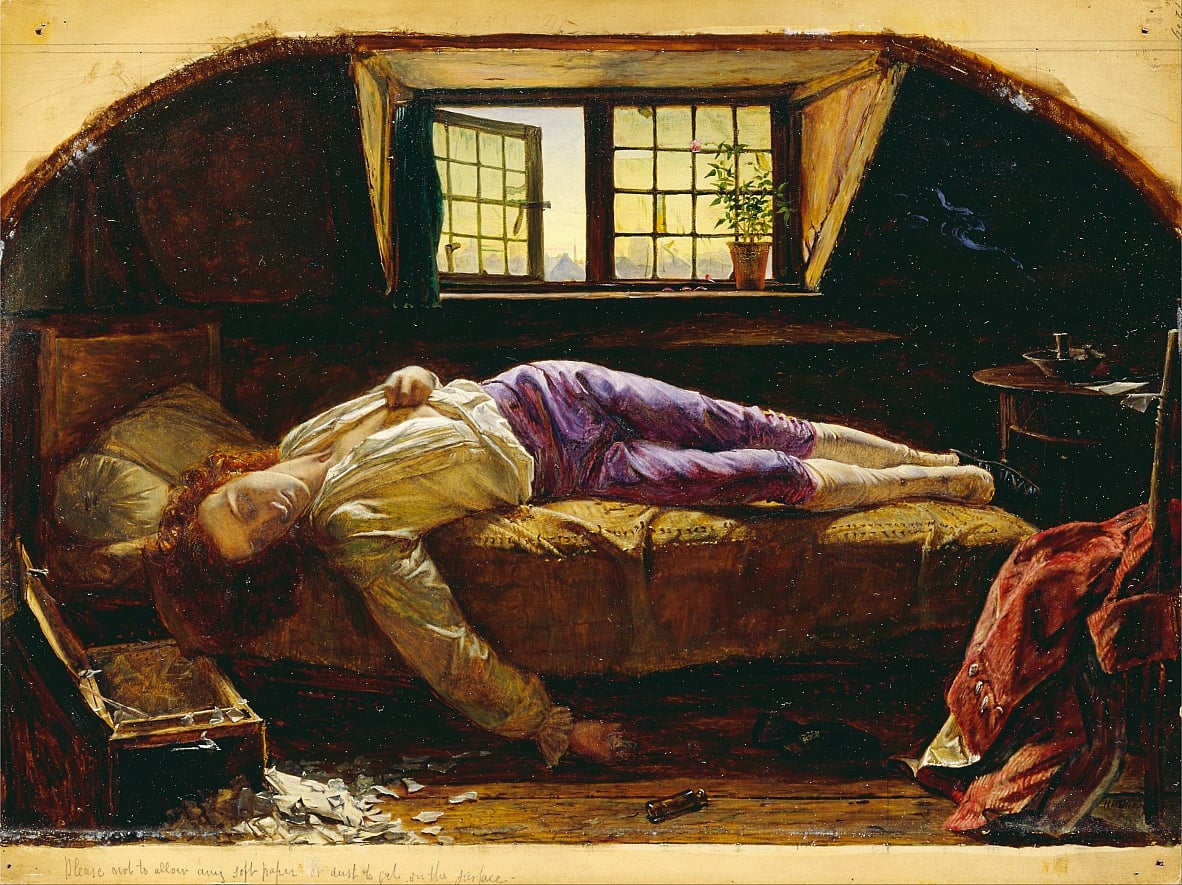
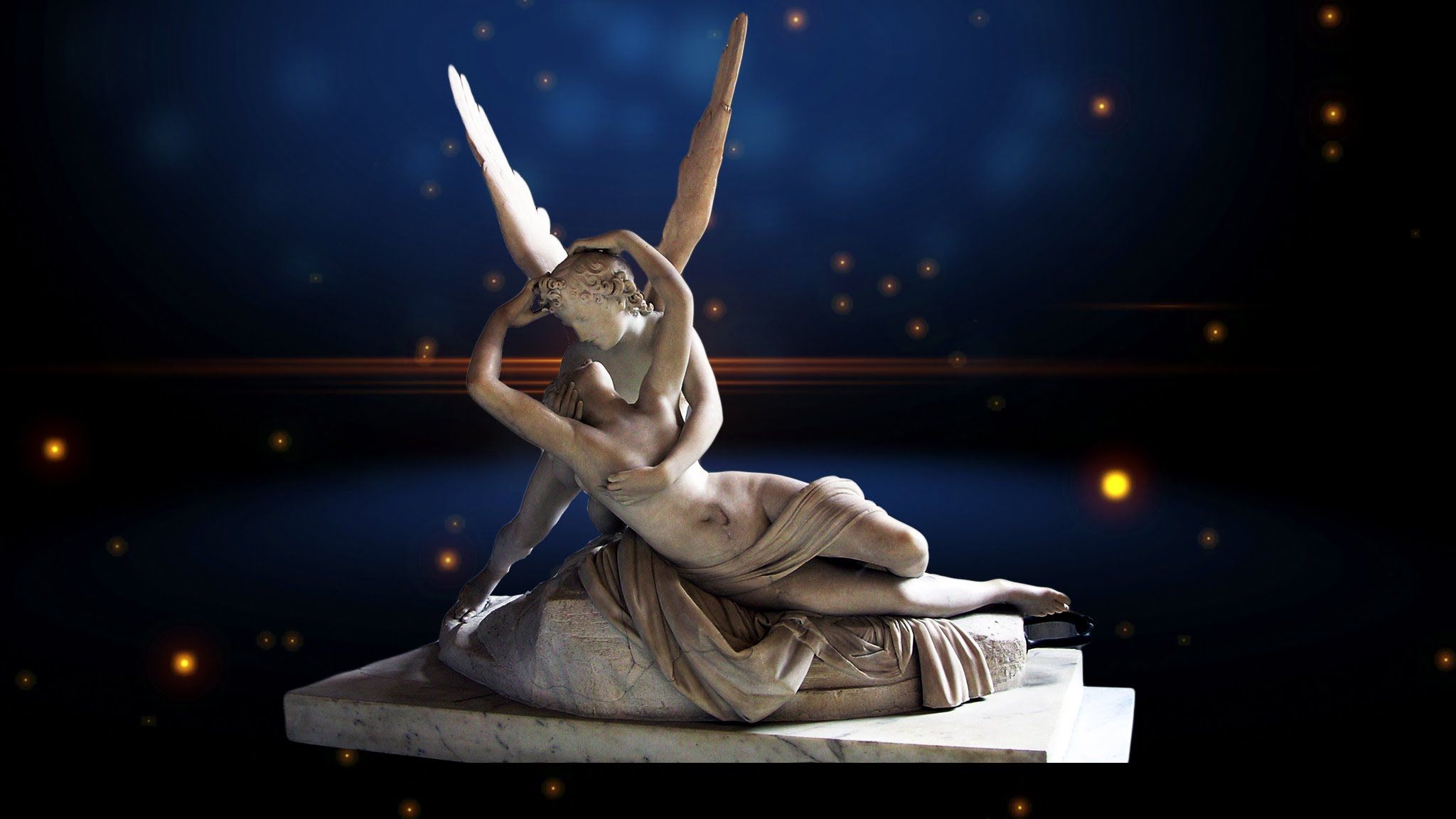

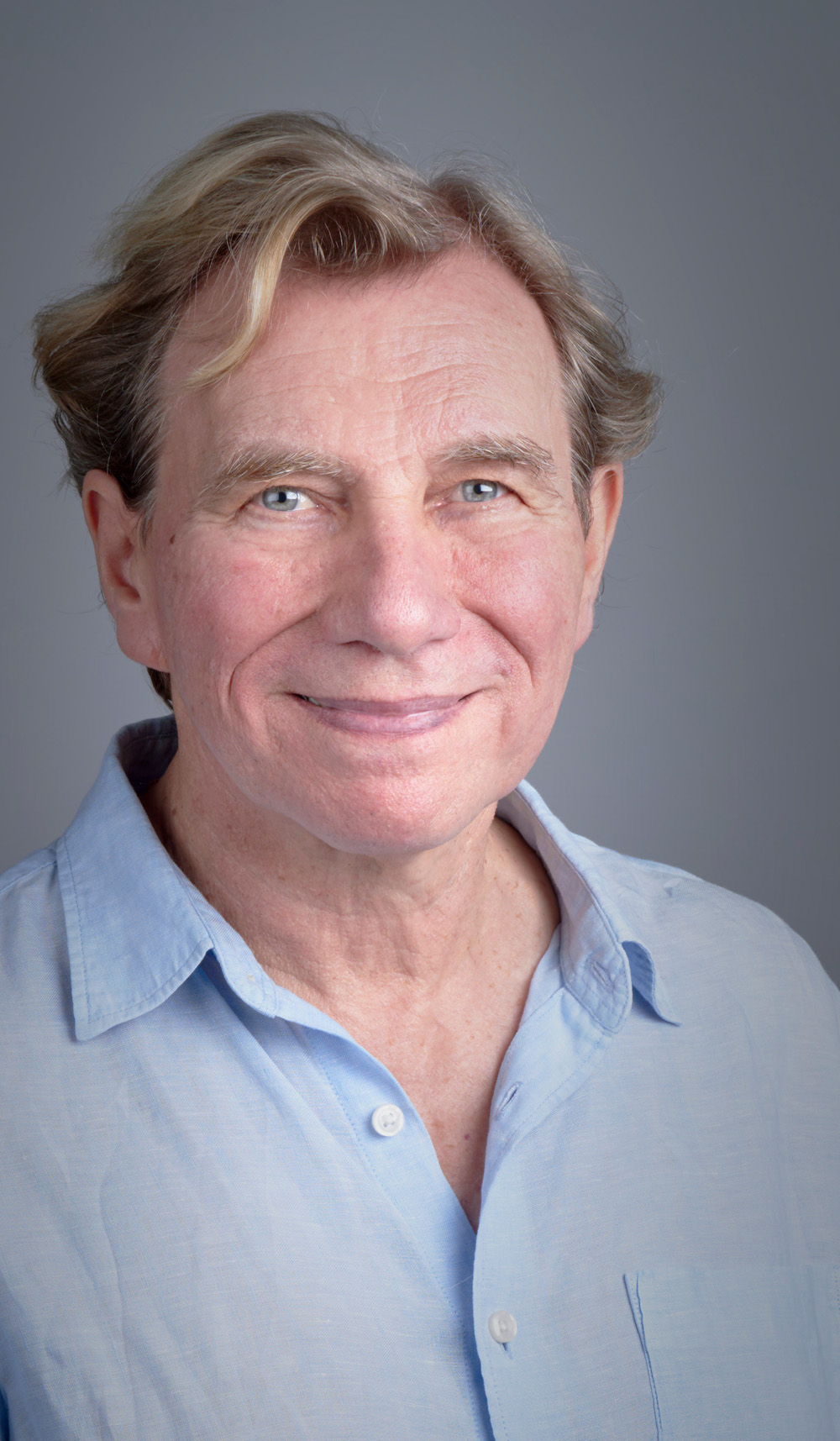
I’ve often said that even in 1975 or 76, the Sixties hadn’t quite ended in Lampeter…
Hurrah!